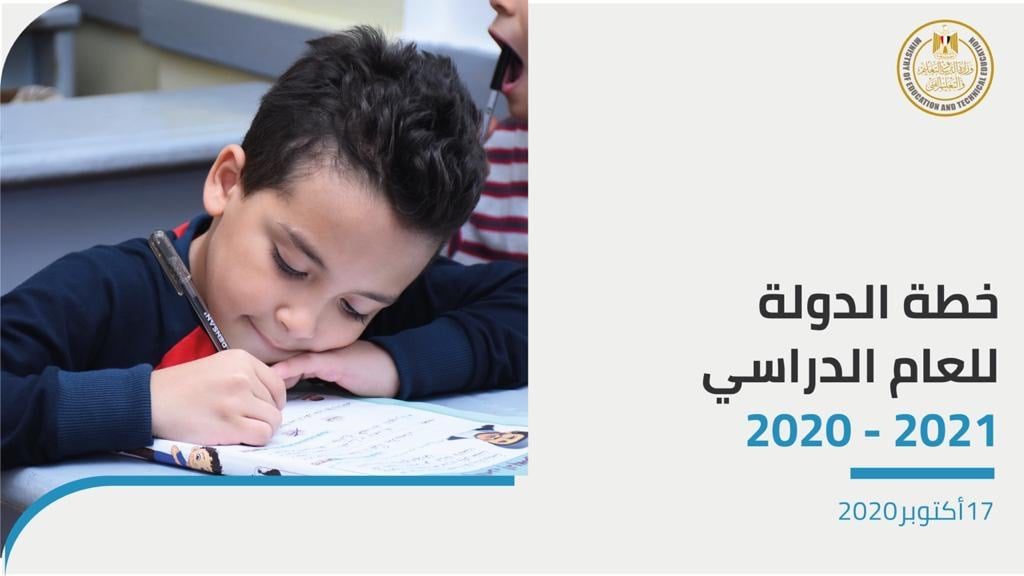
Earlier this week, Minister Tarek Shawky made an anticipated announcement on how public and language schools are going to look like during the pandemic.
This plan, he said, is only successful if it is based on each school’s own capacity and capabilities. His main priority is to complete the full academic year without any interruptions made towards the curriculum.
HOW ARE THE SCHOOLS BEING STRUCTURED?
Two proposed plans are in place with school administrators having full freedom to choose which is appropriate for them. The first option is students attending class four times a week, while the second suggests students attend class every other day, for three times a week.
“This year we’re giving administrations plenty of leeway in order to fully strengthen their schools’ system during this time,” he said.
But it is critical that administrators divide the days efficiently, where students, for example, in kindergarten do not attend school the same day students in elementary school do — “in an attempt to keep at least a one meter difference between each child in class or otherwise,” the Minister stressed.
KINDERGARTEN TO GRADE 3
With over 8 million children in kindergarten to grade 3, technology will not play a factor in their educational process. Instead they are expected to attend four times a week, with the majority of their learning being in class or through physical textbooks.
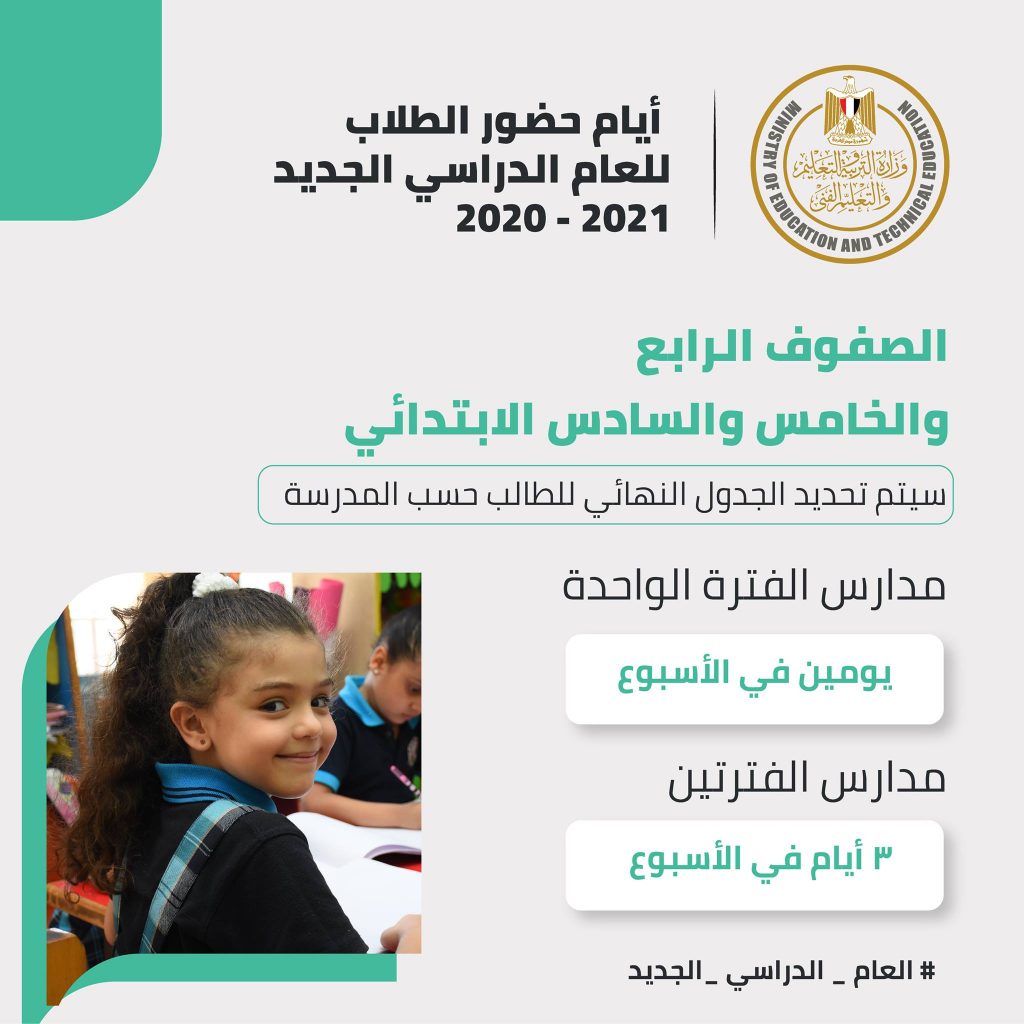
GRADES 4 TO 6
For those proceeding into fourth, fifth, and sixth grade, the matter is more complicated with their curriculum becoming more rigorous. Six million students occupy those grade levels, a significant jump from the 8 million below them. They’re expected to attend school three times a week, with half of their learning process taking place virtually.
With the internet being limited to those who can access it, the Ministry of Education is programming designated TV channels where lessons will be aired for students to watch at home.
Those who do have the internet will have access to an electronic library of books, lessons, and educational resources to use during in-home days.
GRADE 7 TO 9
Grades seven to nine are expected to attend school twice a week on alternating days. The majority of their learning takes place online or through educational TV channels. With several new online platforms available, students will be able to ask questions, watch lessons, and access study guides.
GRADE 10 TO 12
With over 1.8 million tablets purchased by the Ministry of Education, 10th to 12th graders will have their own personal tablet, while only attending school twice a week.
But not everything will be for free, if students could afford it, they may subscribe to more helpful online resources provided by the Ministry of Education for their further learning.
“What we created is on a very high standard, and by high standard, I mean, very costly. The money, however, will be going to the teachers, the schools, and educational systems across the country.”
SCRAPPING THE OLD MINISTRY EXAM SYSTEM ONCE AND FOR GOOD
Now ministry exams will be done and graded through tablets, with students arriving and leaving knowing their exact score — avoiding any human bias in grading, disrupting or creating the exams. All questions are now multiple choice questions, with no writing needed.
No two students will have the same question, but the level of difficulty will be similar and chosen at random. “The crisis we had with cheating will be completely eradicated with this new system in place,” said the Minister. Every exam will be automatically created by the exam program itself.
Those who fail or postpone exams, will take their finals on paper. A bonus exam will be an option for all available subjects, where students will be graded based on their best score.
“We don’t want our exams to be a life or death situation,” he said. “if things are complicated and students don’t do so well, they will have a chance to redeem themselves and get into the university of their choice.”
NEW DIGITAL TEXTBOOKS
For the first time in Egypt’s educational history, textbooks will not be fully printed anymore and the majority of the content will be online for those approaching their final three years in school.
The Ministry of Education’s latest project is their new electronic library, which features educational videos on all subjects that could aid students in learning their curriculum, along with sample questions they could practice for their finals.
The Minister also announced their newest on-going project which needs around 13 million LE in funding to complete. The project’s aim is to equip every student from the third grade onwards with tablets where access to online platforms could be made readily available.
WHAT ABOUT TEACHERS?
“Teachers and administrators are all integral for this to succeed,” he said. “That’s why we’ve also implemented a new system made just for them.”
Prospective and current teachers now have an online portal where they can receive certified training by the Ministry of Education.
With their higher qualifications, teachers will get the opportunity to contribute to the Ministry of Education’s online portals, like developing content for the e-books or creating videos for students. The more they are involved with the Ministry’s initiatives, the more they are financially compensated.
“Private lessons are now something of the past,” he said. Instead, each school will have a learning centre taught by tutors where students can voluntarily attend for further help. This will be done under both the school and the Ministry of Education’s supervision.
They also get to choose which centre they would like to go to, depending on which teacher they feel is most effective. Teachers who rally up more students will be financially compensated by the Ministry of Education.
Freshmen up to seniors will have the added advantage by having their own specialized learning venues equipped with technological tools, proper sanitation, and food.
“We can now supervise everything to ensure proper learning. If they’re actually teaching within the curriculum or outside of it, if they’re licensed or not, if they’re talking about physics or politics, everything they’re doing is now under the management of the Ministry.”
The Minister said to anticipate the next meeting where international and private schools will be fully addressed.
“We have intentions to rebuild all private and internationals from their roots up. We’re going to change it completely whether through its methods of payment, the percentages they take, and the way they control the quality of the curriculum; please stay tuned.”
Private and international schools are expected to resume 15 September while all public and language schools will begin 11 October.
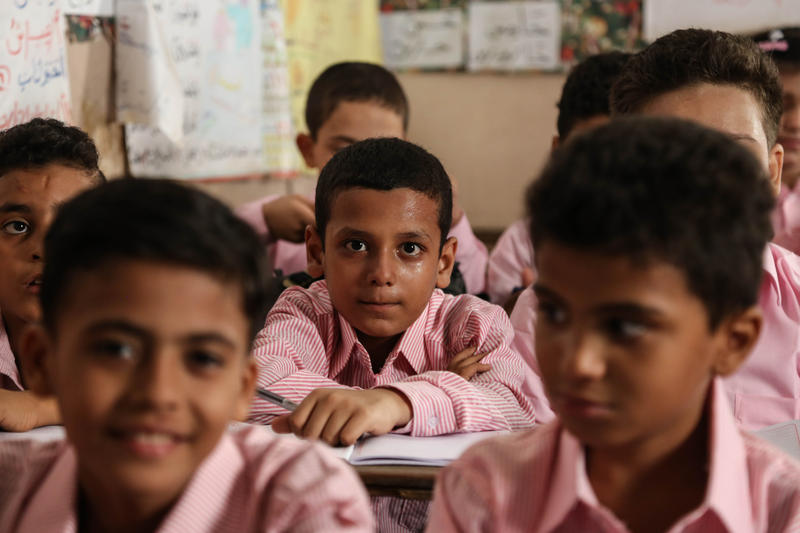
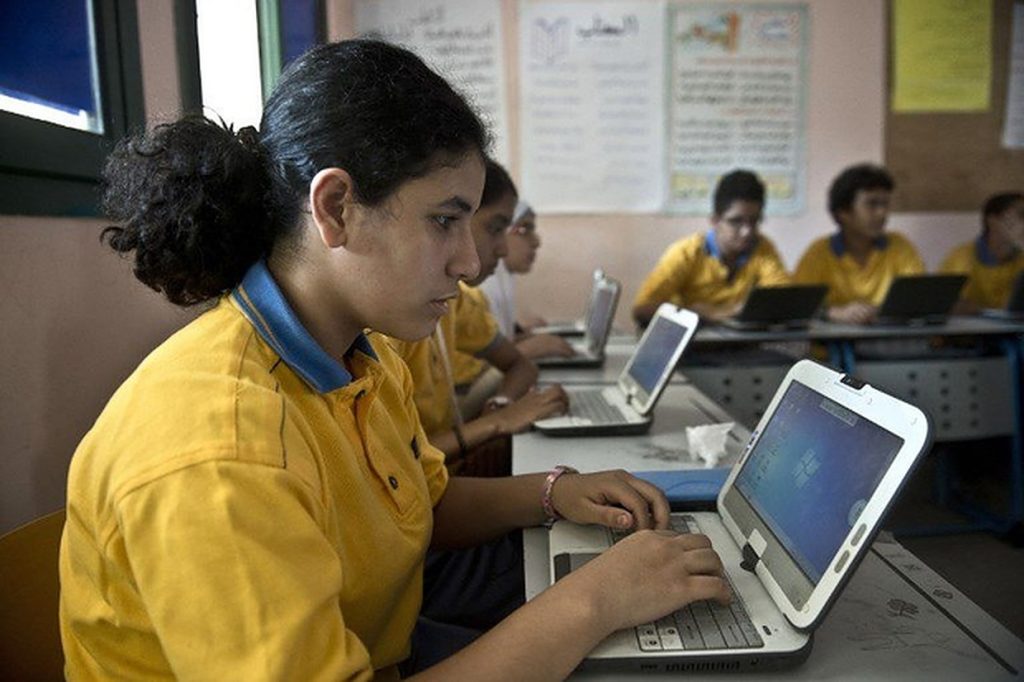




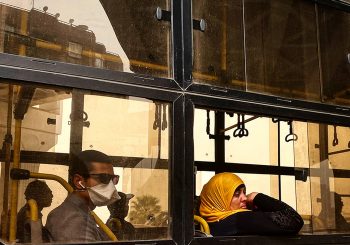

Comments (0)